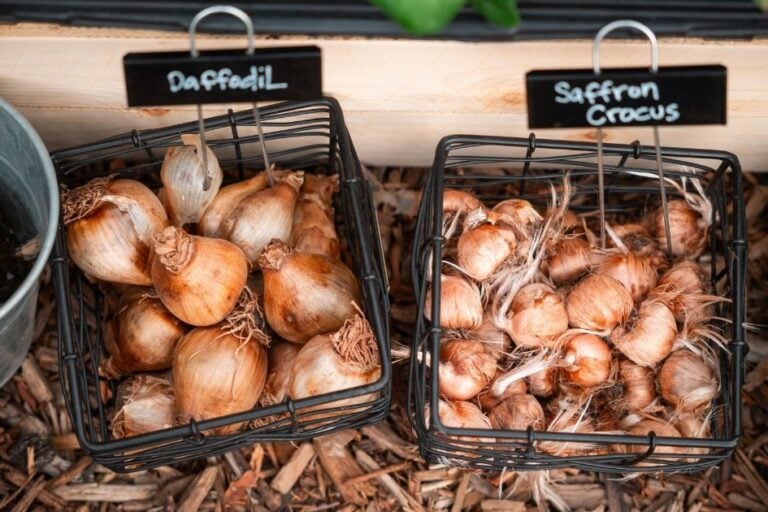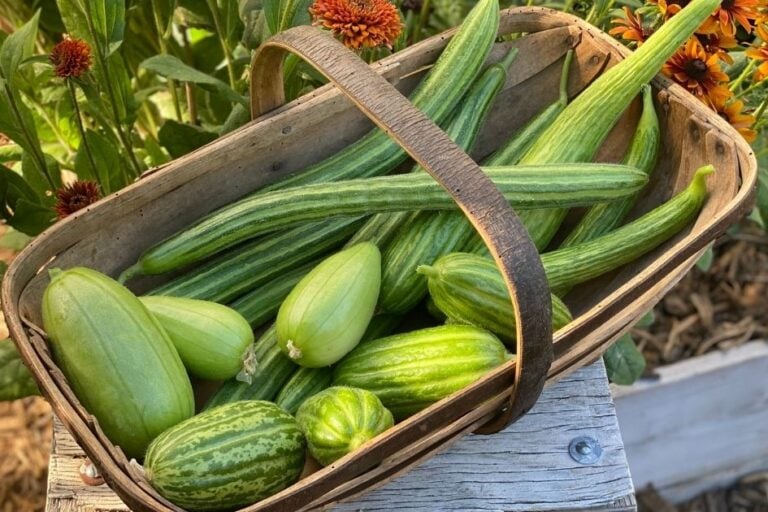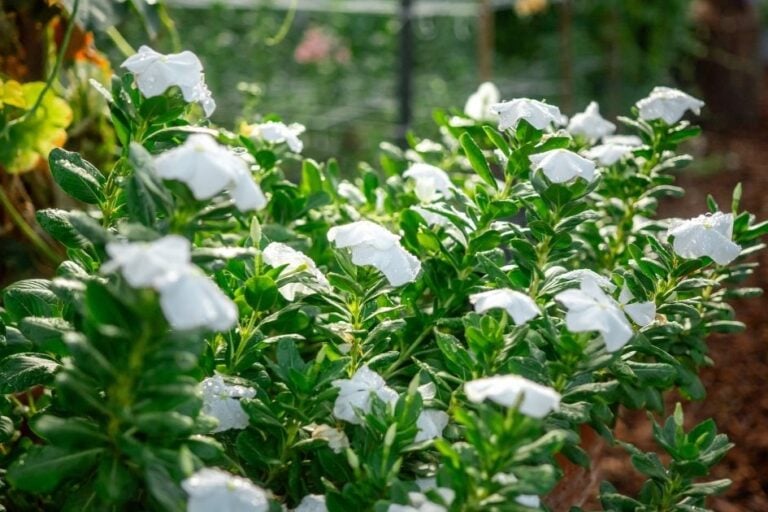Labeling Trees: The Last Step in Planting
You planted the right tree in the right location — well done! Wondering how to label fruit trees? Regular garden labels and markers won’t last as long as your fruit tree will. Labeling your tree with key information is important while it is fresh in your mind. Using a weatherproof label will make the information last.
This final step in planting a tree is crucial if you want to remember ‘what’ and ‘when’ you planted the tree. Future generations and property owners will thank you for your foresight in labeling your tree.
Why should I label my fruit trees?
- Organization. Know what is growing on your property.
- Source of valuable information such as where tree was purchased and date planted.
- Visitors can enjoy knowing what is growing in your yard.
- When you move or pass on property, new owner knows what is growing.

What should be included on the label for the fruit tree?
- Type and variety of tree.
- When tree was planted.
- Where tree was purchased.
- Rootstock (if known).
- Any other pertinent information you would like.
How should I label fruit trees?
There are several different methods for labeling fruit trees (3 options are discussed below). Each method requires upkeep. Decide which method or combination of methods will work for you. Look for the label to be weatherproof if you want it to last.

How to label fruit trees (option #1): Hang an embossable plant marker on a branch in the tree

Aluminum markers are easily embossed with a ball-point pen. I like this kind from Amazon. Use wire to hang a large loop around a scaffolding branch. Do not attach to main branch, as it could girdle (suffocate) main tree if left unattended for years.
- Advantages: Easy to use. Stays put in tree. Writing lasts indefinitely.
- Disadvantages: Could girdle branch; must loosen fastener and move to smaller branch as tree grows.


How to label fruit trees (option #2): Put a plant marker in the ground

Use a metal plant label and write on it with a Sharpie Paint Marker. Learn more in this guide to labeling plants.
- Advantages: Will not girdle plant branch. Writing lasts for several seasons.
- Disadvantages: Can be lost or moved. Writing will fade; need to rewrite after 1-2 years.

How to label fruit trees (option #3): Make a diagram of yard with trees and fruit trees labeled
Use Google Earth, an online garden planning tool, or graph paper to map the yard and existing trees. Draw in newly-added trees. Keep an updated copy with your home deed or other documents. Use a binder/folder to keep nursery tags, receipts, etc. for the trees.
- Advantages: Easily see your yard at a glance.
- Disadvantages: Can get lost. Must keep maintained with new plantings.

Once I’ve labeled my fruit trees, what should I do?
Spend some time keeping the method(s) you choose updated. This is an excellent project for the off-season in your garden. “The palest ink is stronger than memory” holds true here.
- Take a few minutes to document your plantings each time you plant.
- Walk your yard each season to check on plant labels. Replace worn or broken tags, rewrite faded labels, and move tags to smaller branches.

Questions about growing citrus? This article answers 10 questions about how to grow citrus and includes guidelines for selecting, planting, watering, and fertilizing citrus.









Leave a comment on Labeling Trees: The Last Step in Planting